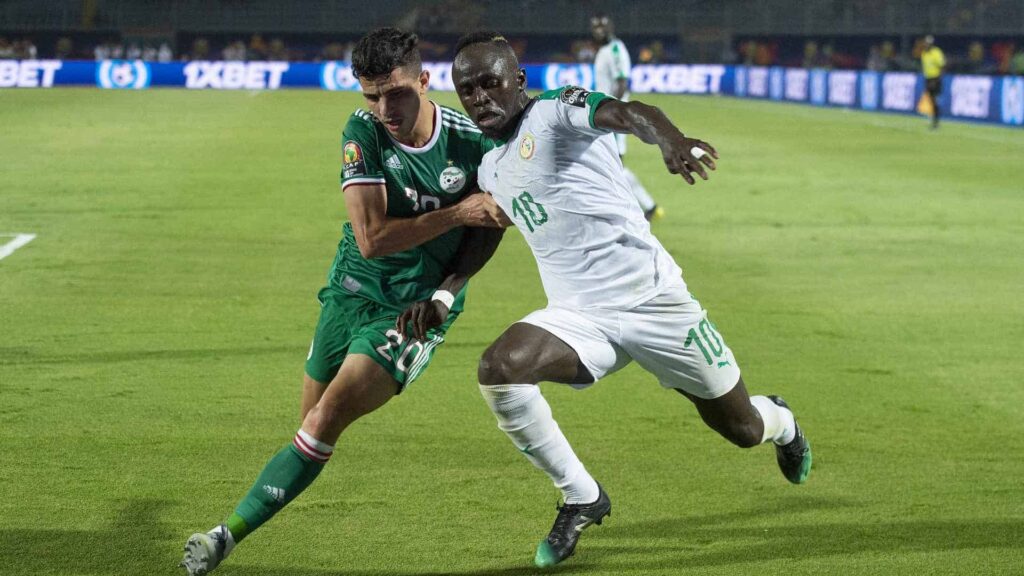AFCON 2026
AFCON 2026: WHAT TO EXPECT
The upcoming journey for the African Nations Cup 2026 (AFCON) is brimming with enthusiasm and notable transformations. Following the conclusion of the 2023 edition (held in early 2024), attention now shifts to the AFCON 2025/2026 cycle and what lies ahead. In informal discussions, many refer to the next tournament as the ‘African Nations Cup 2026,’ given that it will wrap up in early 2026. It is important to clarify the timeline, examine the host nations and their preparations, and anticipate various aspects – from adjustments in format to significant future developments in the competition. Regarding the host nation for AFCON 2025, it has been confirmed that Morocco will take on this role, as announced by CAF. Although the next AFCON is officially designated as the 2025 edition, it will actually occur between December 2025 and January 2026. CAF granted Morocco the hosting rights after Guinea was removed from consideration due to insufficient preparations. Morocco is making extensive preparations, having revealed six host cities and nine stadiums for the tournament. The cities include: Rabat – the capital, where the main stadium, Prince Moulay Abdellah (with a capacity of 69,000), will host both the opening match and the final. Rabat will utilize multiple stadiums, with four venues in the Rabat/Sale area. Casablanca – the largest city in Morocco and a football center (home to Raja and Wydad). The renowned Stade Mohammed V (recently renovated) is set to host matches, including a quarter-final. Marrakech – a tourist destination featuring a 45,000-seat stadium that will host group matches and potentially a quarter-final. Fez – home to a 40,000-seat stadium, selected for group stage matches and a quarter-final. Tangier – located in the north, with a 65,000-seat stadium (which recently hosted FIFA Club World Cup matches) designated for matches and a semi-final. Agadir – a coastal city with a 45,000-seat stadium, which is also expected to host a quarter-final.

A well-rounded squad led by coach Walid Regragui is set to compete. The Ivory Coast, as the defending champions, will be eager to demonstrate their ability to secure victories beyond their home territory. Their talented roster, featuring stars like Zaha, Haller, Kessié, and Sangaré, will still be in their prime by 2025. Senegal, the champions of 2021, faced an early exit in 2023 but will regroup, with veterans such as Mané and Koulibaly potentially participating in one last AFCON, while emerging talents like Ismaïla Sarr and Nicolas Jackson are expected to rise. Their sights will also be set on achieving success at the 2026 World Cup. Egypt, the record champions, have narrowly missed out in the last two finals (2017, 2021). By the time of the 2025 AFCON, Mo Salah will be 33 and will be determined to finally secure a title for his nation, supported by new talents like defender Mohamed Abdelmonem. Nigeria is undergoing a transition, but by 2025, their young stars such as Victor Osimhen, Samuel Chukwueze, and Ademola Lookman could form a formidable team. After underperforming in 2021 and not advancing far in 2024, a resurgence is anticipated. Traditional powerhouses like Cameroon, Ghana, and Algeria, who had disappointing campaigns in 2024 (with Ghana and Algeria failing to reach the knockout stage and Cameroon exiting in the quarter-finals as hosts in 2022), will be eager to recover. Algeria, in particular, is nurturing a new generation, including Rayan Aït-Nouri, alongside established players like Mahrez. Additionally, do not overlook the potential of newer contenders such as Mali, Burkina Faso, or even debutants like Gambia, who reached the quarter-finals in 2021, to make an impact. The AFCON is known for its surprises, with past dark horses like Madagascar in 2019, Burkina Faso as runners-up in 2013, and Zambia as champions in 2012. With an expanded number of teams, anticipate at least one Cinderella story to emerge.
In conclusion, the outlook for AFCON is promising. While challenges are inevitable in a diverse continent comprising 54 nations, the decisions made by CAF—such as awarding hosting rights to Morocco and East Africa, ensuring the tournament’s regularity, and adapting to global football trends—reflect a commitment to progress and ambition. Fans can eagerly anticipate the upcoming African Nations Cup, which is sure to showcase the passion, skill, and excitement we cherish, while also marking a transformative era for African football on the international stage. Whether referred to as AFCON 2025 or AFCON 2026, be sure to save the dates from December 2025 to January 2026, as the next chapter of African football unfolds in Moroccan stadiums beneath the winter sun, with the eyes of the world upon it.




